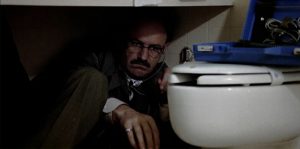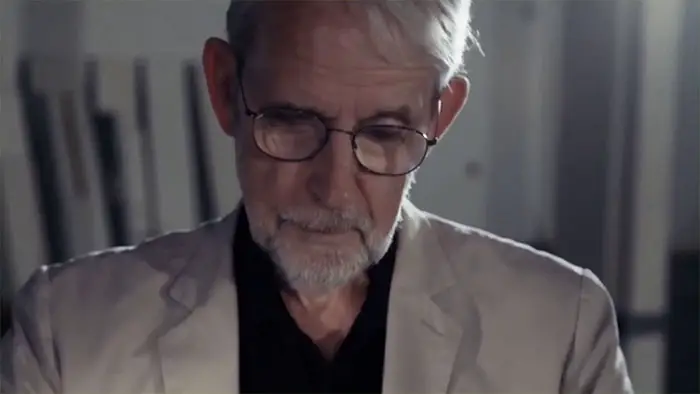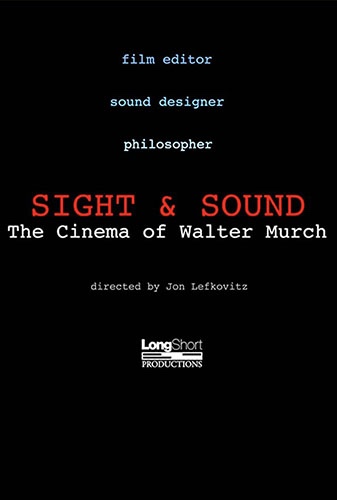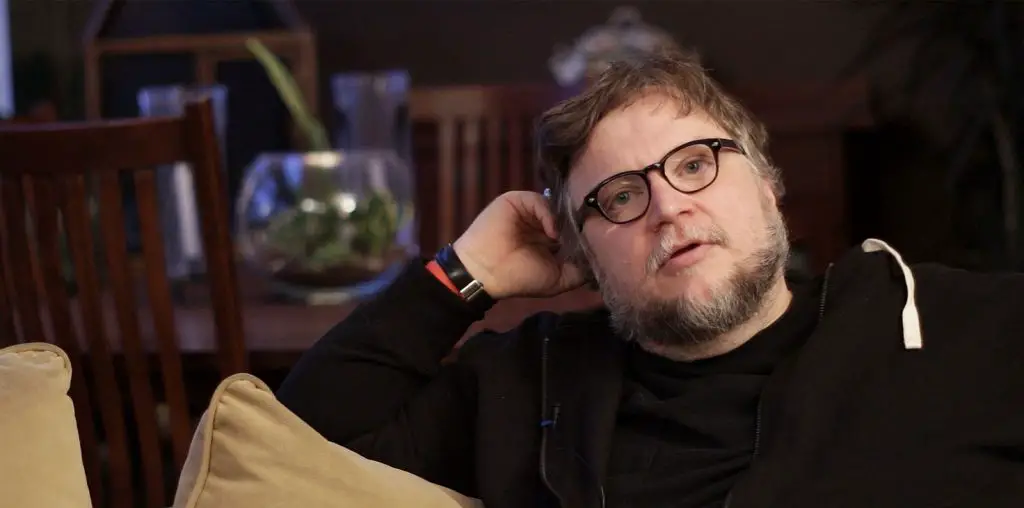
Music can poetically say things that cannot be seen, so filmmakers use it to emotionally convey what the movie cannot, or as Murch puts it: “Music in its abstraction relieves film of its specificity, and the result is the elevation of both of them.” Some of us might not fancy the idea of music systematically and obnoxiously, telling us what to feel. Still, when creating the perfect mood, it can produce the most moving kind of art, and thus, Murch speaks for all of us when he says that there are, however, arguments to be made on both sides.
When it comes to his editing career, Murch suggests that editing is “blinking for the audience.” Likewise, for fellow editors or those who hold editing in high regard, Murch also gives valuable bits of knowledge and info about his editing process, sometimes experimenting without sound, or ways of cutting around different kinds of performances. Accordingly, he always brings it back to the critical notion that you must like to share, as Cinema is likely the most collaborative art form there is.

“…might not be dazzling in terms of its technicality…[but] the content it provides is very instructive.”
Sight & Sound: The Cinema Of Walter Murch might not be dazzling in terms of its technicality being very rough and, at times, ironically suffering from odd editing or pacing. It gets lazy towards the end, attempting to bring it all back to the beginning in a sloppy manner. But one will be fine overlooking the documentary’s problems as the content it provides is very instructive. In addition, film buffs and those in the biz will, one way or another, strongly relate as Murch is the incarnation of someone who not only truly understands the work but is unconditionally passionate about it.
And so, Murch’s final observations will profoundly resonate with those who would choose Cinema over anything (maybe even their family!) no matter the struggle, as he states a universal truth: “I am not happy, but I would be absolutely miserable if somebody prevented me from doing what I’m doing right now.”

"…Murch suggests that editing is 'blinking for the audience.'"


